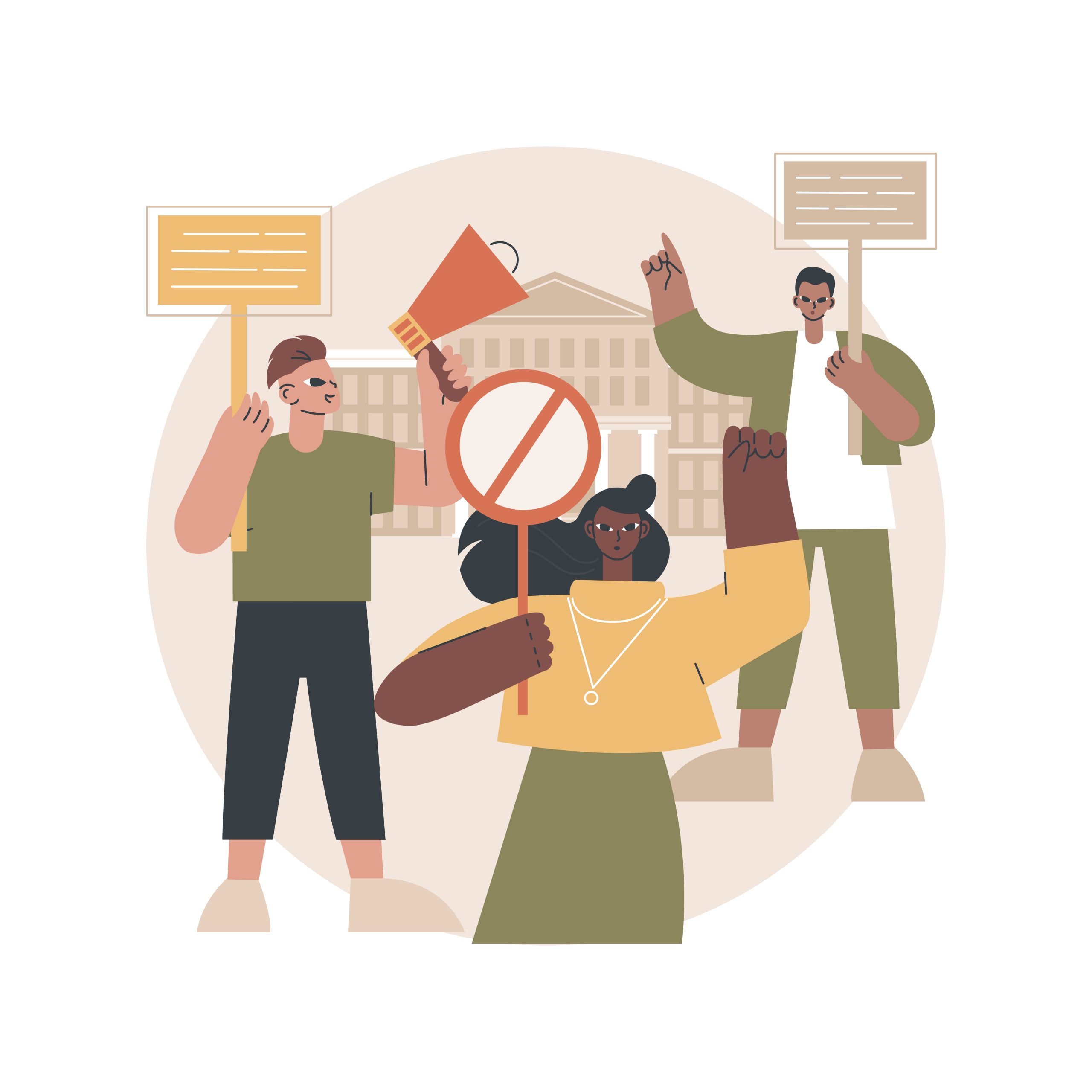
A study published in the journal Cancer found a link between discrimination and frailty among Black cancer survivors. The study surveyed over 2,200 Black people who were in remission but were also within five years of diagnosis of breast, lung, prostate, and colorectal cancer. The results showed that 75% of the respondents were either pre-frail or frail, and there were key overlaps with those who had also experienced discrimination in their lifetime. Those who had experienced between four and seven different types of discrimination were more likely to have higher frailty scores. Discrimination is a chronic stressor that can throw the body off balance, resulting in increases in blood pressure, heart rate, metabolism, inflammation, and numerous other factors. Therefore, healthcare providers should understand the relationship between discrimination and aging in the setting of cancer survivorship.
Discrimination is increasingly recognized as a social determinant of health, and recent research connects the weathering hypothesis to healthcare outcomes. According to the weathering hypothesis, experiences of racism and discrimination can add cumulative stress to an individual’s life, ultimately leading to adverse health outcomes. In this latest study, published in the journal Cancer, researchers found a link between discrimination and frailty among Black cancer survivors.
The study surveyed over 2,200 Black people who were in remission but were also within five years of diagnosis of breast, lung, prostate, and colorectal cancer. The survey questions examined both signs of frailty and experiences with racism and discrimination within their lifetime, including unfair treatment in the workplace, discrimination in the hiring process, discrimination and unfair abuse by police, unfair treatment from teachers or discouragement in seeking higher education, unfair or unequal medical care, discrimination in the home-buying or renting process, and interpersonal discrimination from neighbors.
The results showed that 75% of the respondents were either pre-frail or frail, and there were key overlaps with those who had also experienced discrimination in their lifetime. Overall, 63.2% of respondents said they’d experienced major discrimination. On average, participants experienced 2.4 of the different types of discrimination listed above. Those who had experienced between four and seven different types of discrimination were more likely to have higher frailty scores, indicating that weathering has an impact on clinical outcomes.
The impact of discrimination on health outcomes is as significant as other social determinants of health, like income. According to the study’s co-author, Ann Schwartz, PhD, MPH, those who experienced more discrimination had greater frailty, regardless of whether they were rich or poor. These findings are important for patients and providers working towards achieving well-being.
Lucile Adams-Campbell, PhD, a co-author of the Cancer study, hopes that these findings will influence patient-provider communication. She says that healthcare providers should have more discussions with their patients about the types of discrimination they have experienced and how discrimination impacts frailty. Discrimination is a chronic stressor that can throw the body off balance, resulting in increases in blood pressure, heart rate, metabolism, inflammation, and numerous other factors. Therefore, healthcare providers should understand the relationship between discrimination and aging in the setting of cancer survivorship.
This study adds to the emerging literature quantifying the impact of discrimination on clinical outcomes. Another recent study by researchers from Boston University found that discrimination in high-stakes situations, like during a police stop, adds undue stress to an individual’s life and can lead to a greater risk of cardiovascular disease. The researchers looked at 60,000 Black women and found that those who experienced more discrimination in high-stress situations went on to develop cardiovascular disease. These findings will also be important for patients and providers working towards achieving well-being.
In conclusion, discrimination is a key social determinant of health, and studies like these are important for quantifying how discrimination impacts patient health. Discrimination can act as a chronic stressor that can lead to adverse health outcomes, and healthcare providers should understand the relationship between discrimination and aging in the setting of cancer survivorship. Patients and providers should have more discussions about the types of discrimination patients have experienced and how discrimination impacts frailty. Discrimination has a significant impact on health outcomes, and healthcare providers should work towards mitigating its effects to achieve better health outcomes for all patients.


Leave a Reply